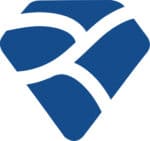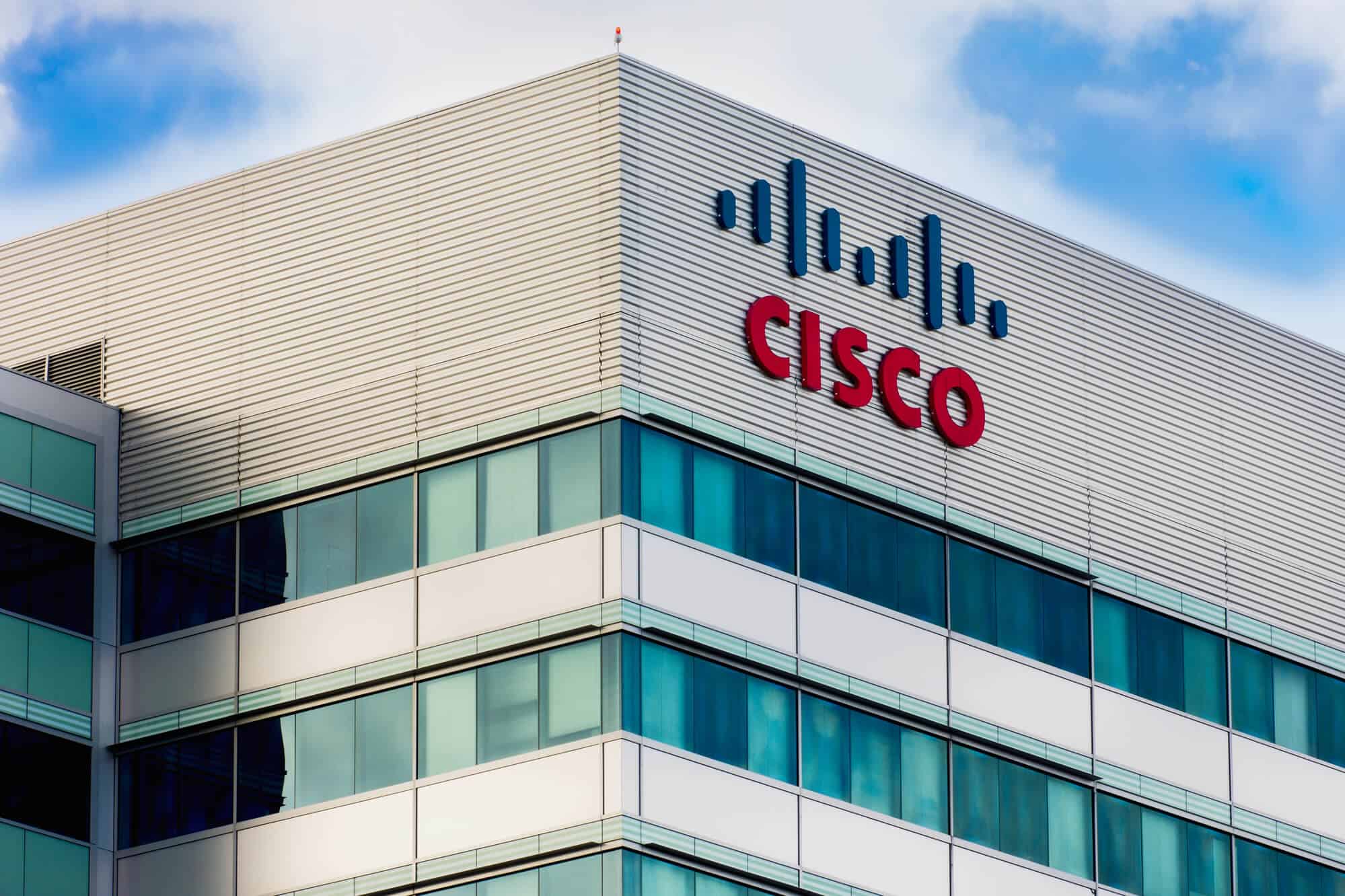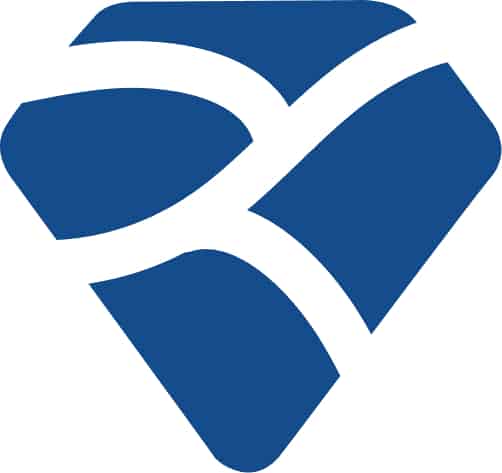Adaptability is among the top five soft skills employers value in 2022, yet most job seekers don’t think to highlight it on their resumes. So what does adaptability at work really mean, and how can you show employers you’ve got the adaptability skills they’re looking for? In this guide, we cover:
- What Is Adaptability?
- What Are Adaptability Skills Examples?
- How to Show Adaptability Skills on a Job Application
- How To Improve Your Adaptability Skills
What Is Adaptability?
Adaptability is a soft skill that means you easily adjust to changing circumstances. An adaptable person in the workplace can keep up with moving priorities, projects, clients, and technology. They’re skilled at dealing with changes at work, whether process updates or their work environment.
>>MORE: Discover what careers are best for you based on your skills with a career aptitude test.
What Are Adaptability Skills Examples?
Adaptability skills are a type of soft skill, meaning they reflect how a person works and interacts with others in the workplace. Often, they’re not learned from a course but rather from experiences reacting to changing environments. Adaptability skills include:
Critical Thinking
When faced with the challenge of adapting to a new project, environment, or goal, you need critical thinking skills to decide how to move forward efficiently. Adaptable people are often critical thinkers because they can assess the situation, consider all outcomes, and determine the best course of action. Examples of critical thinking skills include:
- Analysis
- Observation
- Problem-solving
- Logical thinking
Resilience
Resilience might have been the most overused word of 2020 — but for a good reason. From teachers trying to motivate their students to CEOs hoping to engage their employees, leaders told the world to “be resilient” to overcome the global challenges of the COVID-19 pandemic.
Resilience is a vital adaptability skill, no matter what’s happening in the world or in the workplace. Resilience is the ability to bounce back from a misstep, failure, or challenging period. With everything from adjusting to hybrid work to mass layoffs, businesses need resilient employees who can overcome unprecedented challenges. Examples of resilience include:
- Flexibility
- Self-confidence
- Determination
- Diligence
Growth Mindset
Someone with a growth mindset believes they can always learn more and improve themselves; someone with a fixed mindset believes qualities, like intelligence, are inherently determined and cannot be improved upon. People with growth mindsets are adaptable because they’re likely to take on new challenges to grow and learn from them. Examples of growth mindset skills include:
- Open-minded
- Desire to learn
- Self-development
- Perseverance
Collaboration
An adaptable employee must collaborate with their team to discuss and implement solutions for changing circumstances. They may need to update or work with coworkers on changes to workflow, processes, or even day-to-day responsibilities. Even if you’re not a manager, you can take the lead by effectively communicating a response to change. Examples of collaboration skills include:
- Active listening
- Empathy
- Communication
- Tolerance
- Emotional intelligence
Responsive to Feedback
Adaptable people respond well to changes, and that includes feedback from other coworkers and supervisors. Being able to listen, process, and implement feedback is a crucial skill that not only makes you a better team member but also makes your work better.
“When I interview an entry-level candidate, the main adaptability skill I’m looking for is their ability to receive and implement feedback,” Aaron Case, career counselor and certified professional resume writer at Resume Genius, says. “If they show they can do that, I know I have a great candidate who will be a breeze to train for success in my specific system.”
Examples of responsiveness skills include:
- Attention to detail
- Receptive
- Attentive
- Active listening
How to Show Adaptability Skills on a Job Application
On a Resume
Adaptability is all about adjusting to changing circumstances. While it can be hard to define adaptability in your resume job descriptions, using active verbs like “overcame,” “adjusted,” and even “adapted” can help you describe instances when you had to acclimate to new working conditions.
Students who have studied during the COVID-19 pandemic have adaptability skills from adjusting to remote learning and working environments. For example, suppose you used to tutor other students in person but then started tutoring online due to the pandemic. In that case, you can describe the changes you made to make your tutoring engaging and effective in a new environment.
In an Interview
An interview allows you to elaborate on the adaptability examples you’ve written on your resume and offer new information about other times you’ve had to adapt at school or in the workplace.
Adaptability Skills Interview Questions
Even if you’re interviewing for a role that requires particular hard skills, employers still care about your work style — which means they might ask you direct questions about your adaptability skills. Examples of these interview questions include:
- Tell me about a time something didn’t go as expected at work. What steps did you take to address the issue?
- What are some challenges you face when starting a new job?
- How do you react to changes in the workplace that you have no control over?
- Describe how you work with teammates who have different work styles than you.
To answer these questions, reflect on times you’ve had to react to changes at work or school and the steps you took to adjust.
“Identify the most difficult challenge you overcame in your career to demonstrate adaptability in an interview,” David Bitton, co-founder and CMO at DoorLoop, recommends. “Then, list the skills and expertise you employed to overcome it. For example, maybe most difficult challenge you’ve faced was when your team struggled to come up with solutions to a critical problem, and you discovered a workable alternative solution by leveraging your industry knowledge and communication skills. Showcase this by constructing your response utilizing the SMART framework, which allows you to iterate your adaptability in depth with specifics.”
How To Improve Your Adaptability Skills
While you can’t always prepare for unpredictable, uncertain circumstances, you can improve how you respond when change does arise.
Challenge Tradition
If you’re someone who loves processes and order, it can be hard to stray from what you’ve always done. But just because something has worked for a while doesn’t mean it will be the most useful thing forever. Challenge yourself to try new things, whether a new project management tool or a new way to structure a meeting. Get comfortable being uncomfortable.
Learn From Experts
A growth mindset is a vital part of adaptability, so it’s essential to keep learning as much as possible. Stay updated with what’s going on in your industry by signing up for newsletters, following top leaders on social media, and staying connected with other professionals. You may learn about a new technology or industry trend that can come in handy when facing a new challenge.
Practice Empathy
Change isn’t steady or predictable for anyone, including adaptable people. Adaptable individuals need to be empathetic to how all kinds of people respond to changing circumstances and know how to listen and respond to tensions they might face. To cultivate empathy, start by getting curious in your conversations with others and learning about their challenges at work, even if they aren’t in your industry. Practice listening with an open mind and asking them how they’d like to see problems solved without forcing solutions.
Adaptability Skills: The Bottom Line
As the cliché goes, change is the one constant in the world. Therefore, employers will always look for people who respond well to change. Show you’re adaptable by describing times you’ve adjusted to and overcome changes at work. While you can’t always predict what’s coming next, someone who’s responsive, collaborative, empathetic, and always willing to learn can thrive when change inevitably comes — and that’s the kind of employee companies want to hire.
Image Credit: Brook Cagle / Unsplash










